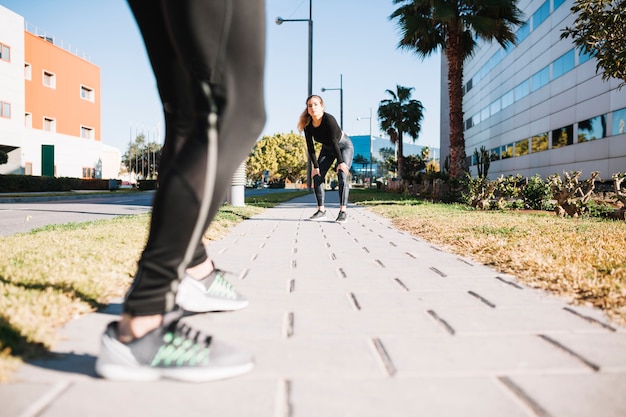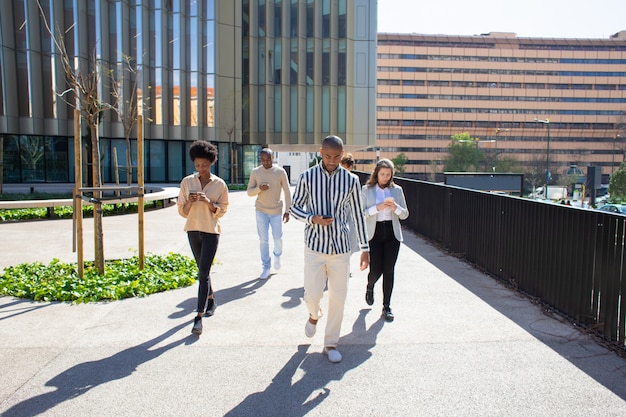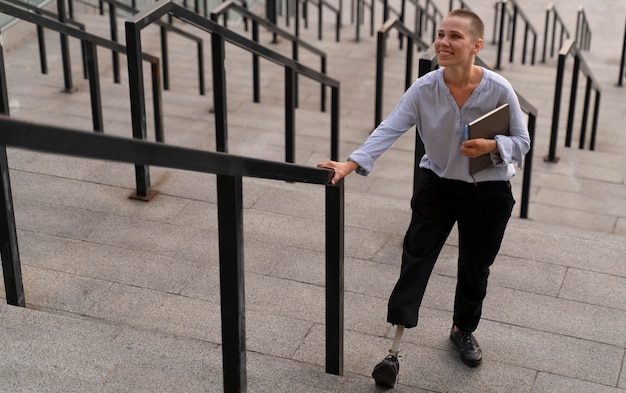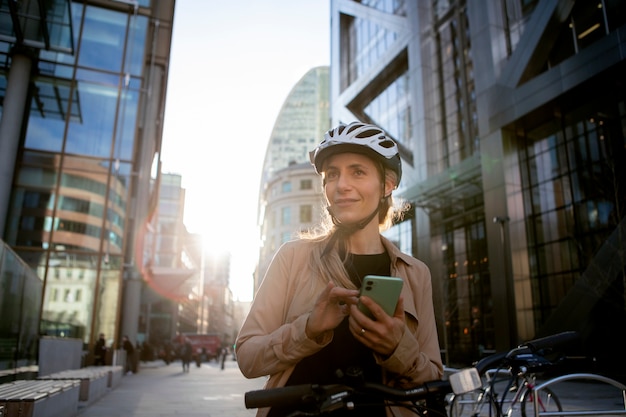If you spend most of your day at a desk, staring at screens and surviving on coffee, you’re not alone. But what if you could sneak in real exercise, fresh air, and mental clarity—without needing special gear, hours of free time, or a weekend getaway? Enter hiking: the simplest, most accessible form of movement that’s perfect for office-bound lifestyles.
You don’t need hiking boots, a backpack full of supplies, or a remote trail in the mountains. With a few smart, coach-approved strategies, you can turn hiking into a realistic, sustainable habit—no matter how packed your calendar is.
Forget the idea that a hike has to be hours long. For office workers, consistency beats duration. The key is starting small. Commit to just 15 minutes—before work, during lunch, or right after you log off.
This short window is enough to reset your nervous system, improve circulation, and clear brain fog. Plus, it’s so low-pressure that skipping it feels harder than doing it. Over time, you’ll naturally want to extend the walk—maybe to 20 or 30 minutes—but the 15-minute rule removes the mental barrier to starting.

You don’t need to live near wilderness to hike. Many cities and suburbs have greenways, parks, or even tree-lined sidewalks that count. If you drive to work, park 10–15 minutes away from your office and walk the rest. If you take public transit, get off one stop early.
This turns dead time into active time. No extra gear needed—just wear comfortable shoes and clothes you already own. It’s not about intensity; it’s about movement, rhythm, and stepping away from the static office environment.
You don’t need technical hiking gear. Start with what you already have: clean sneakers with decent grip, moisture-wicking socks (like running socks), and layers you can remove as you warm up.
If it’s sunny, wear a hat and sunglasses. If it’s cool, add a light jacket. The goal is comfort and adaptability—not a full outdoor catalog wardrobe. As you build the habit, you might invest in better shoes or a small backpack, but in the beginning, simplicity wins.
Invite a coworker to join you for a post-work walk in a nearby park. Frame it as a 'decompression session'—not a workout. No pressure to perform, just move and talk.
Walking with someone else boosts accountability and makes time fly. And because it’s framed as casual, it fits naturally into busy schedules. Over time, this can become a mini ritual—like a moving meeting without the Zoom fatigue.

Forget counting steps or calories. Instead, track consistency: how many days you got outside, how you felt afterward, or how much clearer your mind was.
Use a simple calendar or notes app. Put a checkmark for each hike—even if it was just 10 minutes. Over time, you’ll see a pattern of small wins. This kind of tracking builds confidence and shows that progress isn’t about distance or speed, but about showing up for yourself.
Hiking isn’t just physical. It’s a chance to disconnect from screens and reconnect with your body and surroundings. Try leaving your phone on silent (or in your pocket) for part of the walk. Notice the trees, the sky, the sounds.
This mindful approach reduces stress, improves focus, and can even spark creativity—making you more effective when you return to work. Think of it as a moving meditation with zero setup.
You don’t need to be an outdoor enthusiast to benefit from hiking. You just need the willingness to step outside, move your body, and reclaim a few moments of your day.
These five tips are designed for real life: tight schedules, minimal gear, and zero pressure. The goal isn’t to become a trail expert—it’s to feel better, think clearer, and break free from the sedentary cycle of office work.
Start small. Stay consistent. And let the trail—wherever it is—do the rest.

Wellness

Wellness

Wellness

Wellness

Wellness

Wellness

Fitness

Wellness

Wellness

Fitness

Wellness

Fitness

Health

Fitness

Health

Health